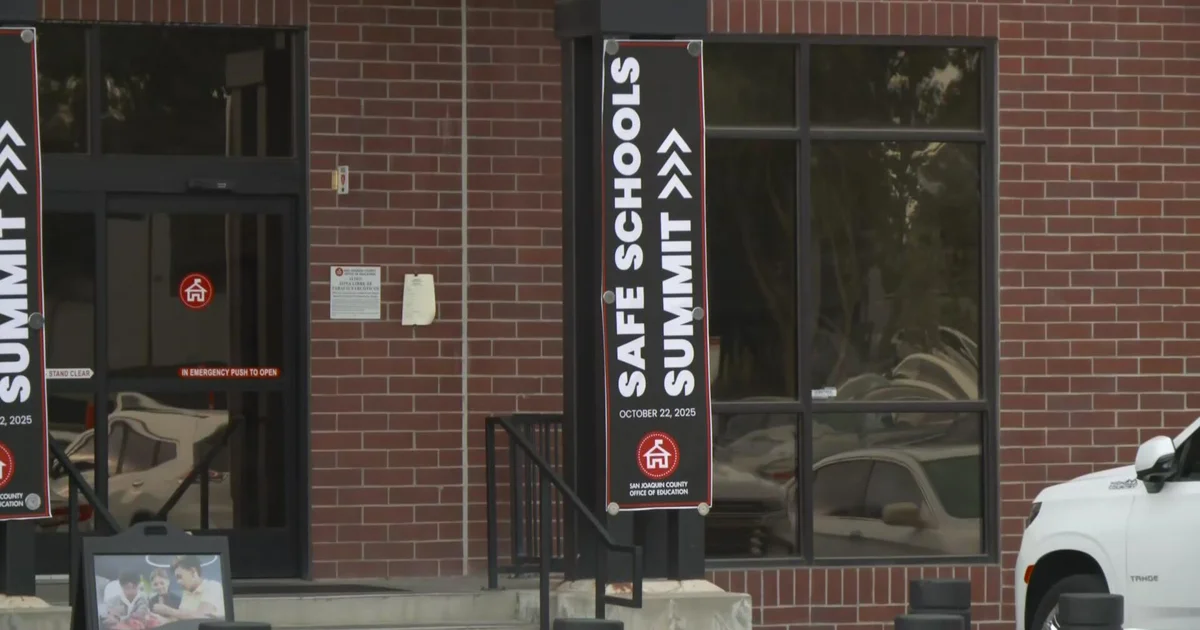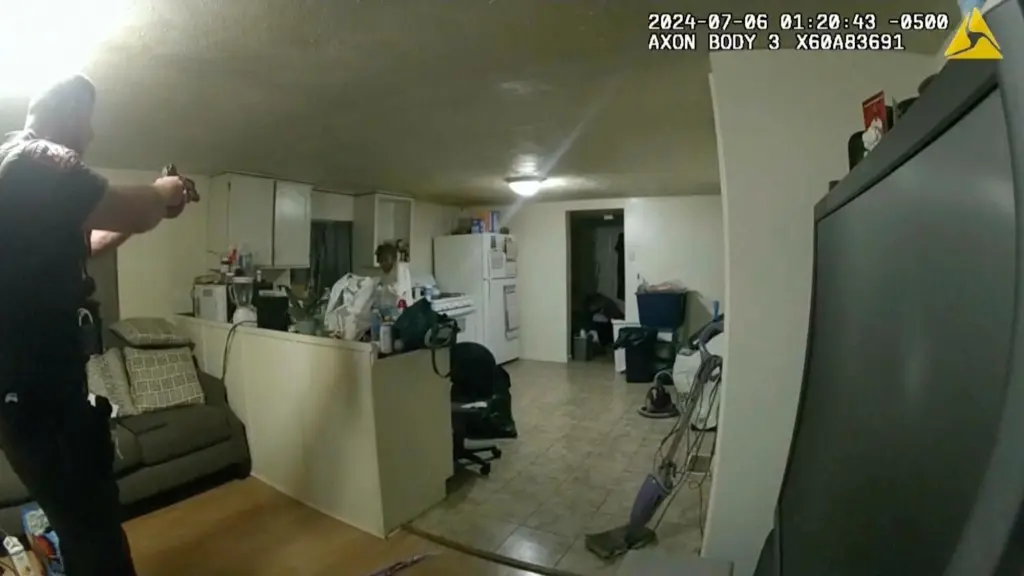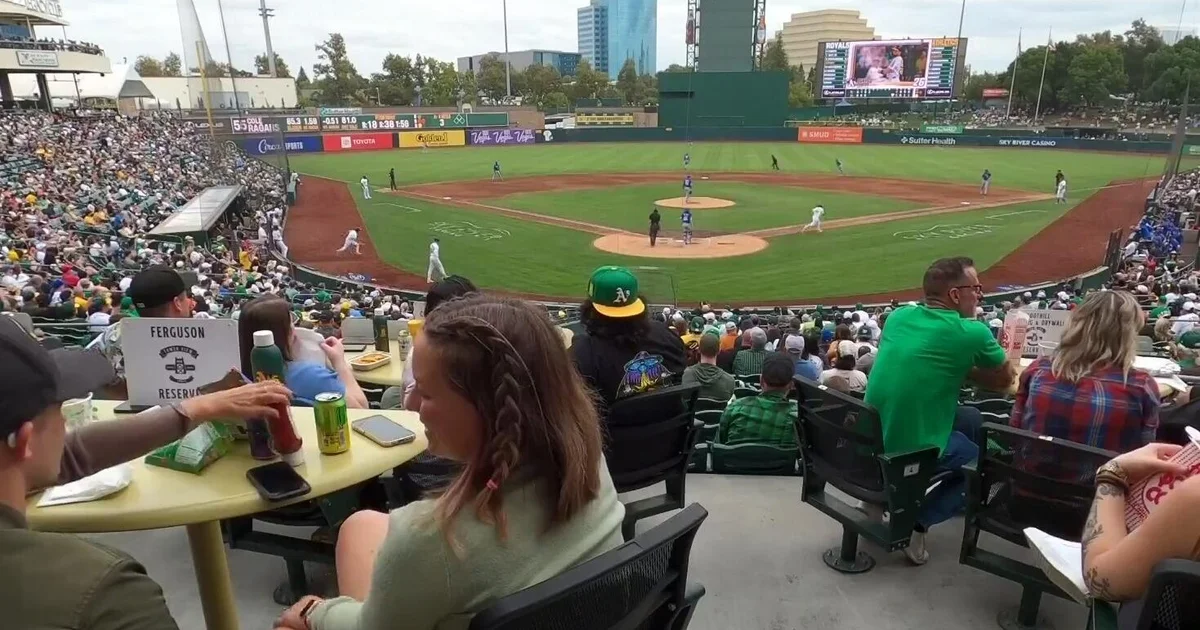Copyright CBS News

At Wednesday's 4th annual San Joaquin County Safe Schools Summit, students were finally able to be part of the conversation around safety that impacts them and over 154,000 students. "The biggest problem on most campuses across San Joaquin County is that kids feel like they are not heard," Lincoln High School Youth Mental Health Specialist James Robinson shared. Students like Robinson sat on a panel where law enforcement, safety experts and educators from all 14 districts heard him and his fellow classmates talk about safety on and off campus. "Oftentimes, as adults, we think we're doing this and we think we're doing that and we think that'll help," San Joaquin County Superintendent of Schools Troy Brown explained. "Then when we hear from students, that feedback is really critical to make some of the probably the most positive changes." The county says positive changes have been made over the past four years, all thanks to this summit. "We're all thinking about it together and ideas come up," Brown said. "Several of our school districts have more security focused on the physical parts of schools, whether that's fencing that they need, or alert systems, or entry systems, or more cameras. There's kind of this unified push on that." Along with learning how to improve school site safety plans, attendees were able to hear from FBI agents on how to recognize and report concerning behaviors, identify signs of human trafficking and the impacts of artificial intelligence and social media. The biggest benefit for these districts was hearing from one another in a county that covers both city and rural areas. "We've developed partnerships with local law enforcement, Escalon police department and also the sheriff's because some of our schools are outside of city lines and they're within county lines," Escalon Unified School District Superintendent Ricardo Chavez explained. "Figuring out a way to sort of bring in some of the practices that your larger districts are doing and then implementing those with Escalon in a way that makes sense." While improvements have been made, more needs to be done. "How can we, as an education sector, continue to address that piece so that not only the physical safety is there, but this mental health safety piece is critical too. I think that's where we can still go," Brown said. Those students who sat on the panel are ready to share and make a change. "I know what's happening on my campus, but I don't know how it's happening or who's making that happen," Linden High School Youth Mental Health Specialist Denise Torres said. "I think it's important that we're here because who's going to know better about school safety than the students?"



